Through President Trump’s announcement that his administration would no longer fund UNRWA, America has further written itself out of the process of peacemaking in the Middle East, argues Hady Amr. Trump has sent an unmistakable message to the Palestinian people: He callously disregards their most basic needs. This post is adapted from a piece originally published on The Hill.
As if to boast, in a call to mark the Jewish New Year, President Trump told American Jewish leaders: “I stopped massive amounts of money that we were paying to the Palestinians.” Trump added he told the Palestinians, “We’re not paying until you make a deal.” On the face of it, such an approach may seem like a typical Trump negotiating tactic, but the decision is so misguided that in addition to having dire immediate consequences, it will haunt the United States for years to come.
Trump was referring to the State Department’s recent abrupt announcement that his administration would no longer fund the United Nations Relief and Works Agency for Palestine Refugees (UNRWA), reversing a policy of support by every American president—Republican and Democrat—since it was created about 70 years ago as a cornerstone of America’s support for stability in the Middle East and flagship of our values to provide for the most vulnerable.
Indeed, UNRWA is so in-sync with our values that American citizens voluntarily give millions of dollars, collectively, to UNRWA each year via U.S. 501c(3) organizations—more than some whole countries.
But should we really be surprised? We already know that Trump’s actions have been antithetical to refugees at home and abroad, and we also know that in a global economy of over $100 trillion dollars, a meager $300 million cut by the United States should be able to be covered by another country.
That’s true on both counts, but in that truth lies the problem: the problem for America, for Palestinians, and even for Israelis. What is also true is that Trump’s action is based on such a fundamentally flawed misunderstanding of the situation that it may have the opposite of its intended effect.
But before we get to that, let’s look at the immediate impact: UNRWA, which provides vital life-saving services, health care and education to stateless refugees in the Middle East, is now scrambling for funds.
These funds go toward a modern, secular education for 500,000 boys and girls; vaccinations and health clinics that provide services to over three million refugees and a basic level of dignity for millions who otherwise would lead lives of despair.
While some donors like Canada, Qatar, Saudi Arabia, and the United Arab Emirates are stepping in to offset part of what the United States is cutting, UNRWA will still likely have to reduce services. Those service reductions hurt people who are not even citizens of any nation.
So when UNRWA cuts back services in the impoverished refugee camps in Lebanon, Jordan, Syria, the West Bank, and Gaza, what forces on the ground will fill the void? Whoever it is, they are unlikely to be America’s friends. Even the Israeli military knows that cutting funding for basic services to refugees are a recipe for disaster for Israel.
Nowhere are the UNRWA cuts more acute than in the Gaza Strip, where about two million souls inhabit a tiny area twice the size of Washington, DC that few can gain permission to leave. There, UNRWA provides services to 1.3 million people, spending about 40 percent of its overall budget.
Roughly 262,000 boys and girls are enrolled in 267 UNRWA schools there. Twenty-two health clinics provide for millions of patient visits a year. It is unlikely that any agency could provide significantly better quality services for less cost.
Through these moves, America has further written itself out of the process of peacemaking in the Middle East. Trump has sent an unmistakable message to the Palestinian people: He callously disregards their most basic needs.
Trump has also sent that powerful message to their friends and allies across the Middle East and the rest of the world. Trump’s message will engender the opposite of goodwill and will further erode America’s moral leadership in the Middle East.
Indeed, the long-term problem is more profound, and it’s essential to understand because the Trump administration seeks to redefine what it means to be a Palestinian refugee, which in turn could have implications for refugees worldwide.
Underlying the Trump administration’s cuts to UNRWA is the false premise that Palestinian refugees derive their refugee status from UNRWA. They don’t. They derive it from international law. UNRWA’s role is simply to provide social services to these stateless refugees—not determine who is and who isn’t a refugee under international law.
Also underlying Trump’s attack on UNRWA is the false premise that other refugee populations don’t transfer their refugee status to their children. Wrong again. International law conveys refugee status to children of other refugee populations until permanent homes can be found. People from Afghanistan, Bhutan, Burma, and Somalia are but a number of the populations where refugee status has been conveyed to descendants.
Finally, underlying Trump’s decision is the false premise that cutting funds to UNRWA and to development projects in the West Bank and Gaza will somehow pressure the Palestinian Authority. Again, it won’t; others will fill the void. Anyhow, Trump is so unpopular in the West Bank and Gaza that any pressure he applies to the Palestinian leadership only makes them look stronger.
At its core, the century-old Israeli-Palestinian conflict is about two fundamental things: land and people. In particular, it’s about which group of people gets to live on which part of the land. Although Jews and Arabs are about of equal number in the Holy Land, in the past decades, Israel has had full control of roughly 90 percent of the land. The Palestinians have significant—but not full—control of around 5 percent. And around 5 percent is shared control.
What Trump’s actions seem to seek to achieve is to somehow convince the millions of Palestinian refugees to give up their deep and abiding emotional attachment to their homeland. Their homeland is the Holy Land, and their attachment to it won’t just vanish.
Whatever final status agreement is one day achieved, Trump need look no further than the Jewish people’s 2,000-year longing to return to understand that a few meager decades will not diminish the longing of Palestinian refugees to return.
Trump also need look no further than out his own window to the White House lawn, where in September 1993 an agreement was signed between Israeli and Palestinian leaders that many, including myself, passionately hoped would help channel Jewish and Palestinian mutual aspirations for peace, security, sovereignty and prosperity into a lasting agreement.
Although those objectives have not yet been achieved, failing to recognize one group’s attachment to the land—or worse seeking to obliterate their emotional connection—will only serve the opposite of the cause of peace and profoundly damage America in the process.
As with Trump’s withdrawal from the Paris Agreement, American redemption may require a reversal by a future president. Meanwhile, perhaps direct donations by U.S. citizens can help recuperate a shred of our American dignity when it comes to Mideast peacemaking.
The Brookings Institution is committed to quality, independence, and impact.
We are supported by a diverse array of funders. In line with our values and policies, each Brookings publication represents the sole views of its author(s).
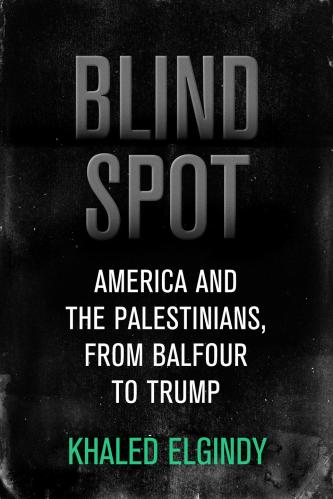
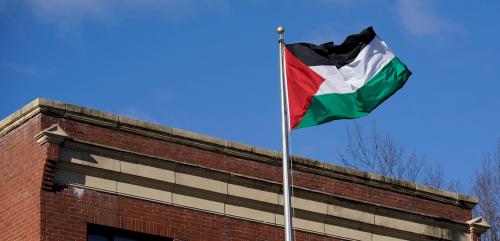

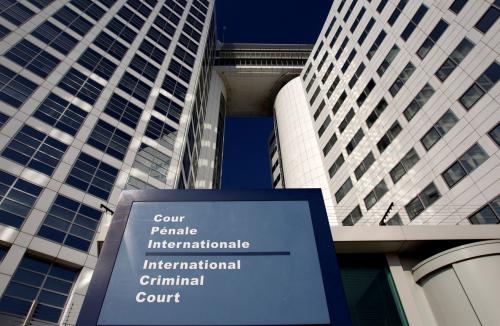
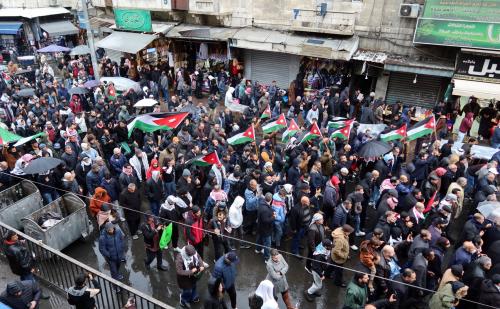
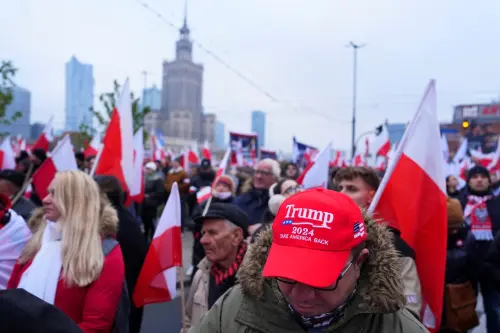
Commentary
In one move, Trump eliminated US funding for UNRWA and the US role as Mideast peacemaker
September 7, 2018